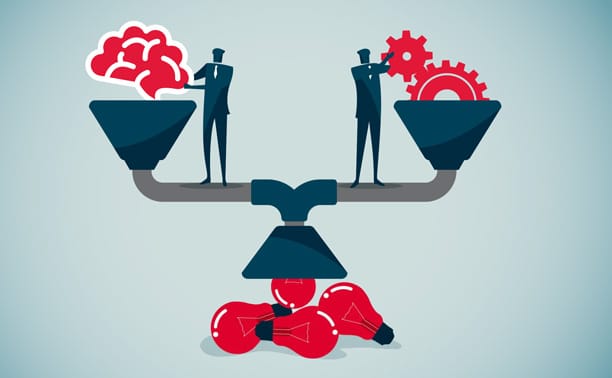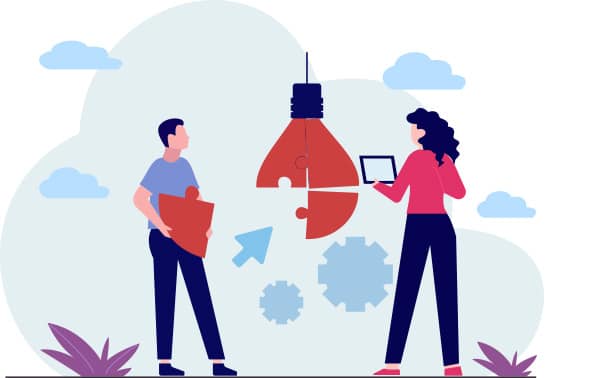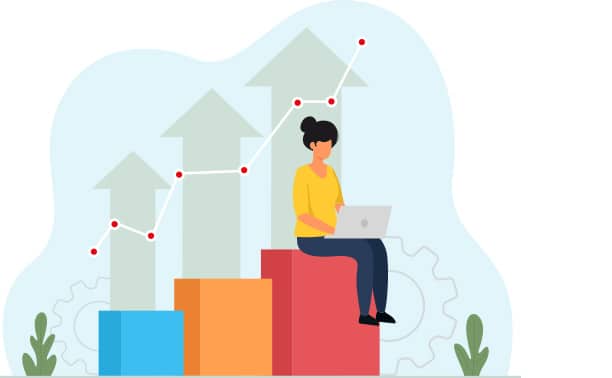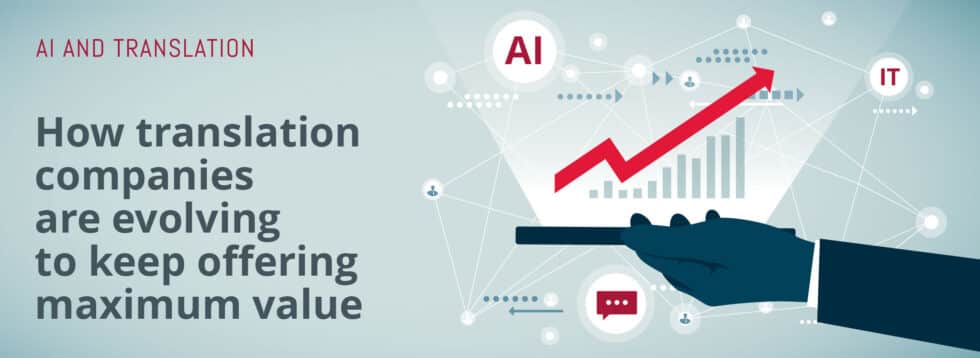The extraordinary advances in artificial intelligence (AI) have resulted in unprecedented amounts of new content being generated. As organizations around the world are doing business in multiple languages on increasingly diversified platforms, the impact of AI on their translation needs is simply massive.
Translation companies are also facing considerable opportunities and challenges as a result of AI’s growing prevalence. Extensive changes are inevitable if they want to meet new client needs with all the speed and efficiency that’s expected. Beyond developing in-depth expertise in all AI solutions, translation companies must successfully build new technology into their business processes to ensure its optimal use. With translation and technology in constant flux, their ability to leverage current and future trends in multilingual business communications also requires ongoing strategic thinking and planning.
In this post, we’ll look at the four areas where AI is transforming translation companies most:
1. Strategy and vision
2. Technology
3. Language services
4. Management
1. Strategy and vision: When, how and why

Analysis and planning
AI strategists and executives in translation companies continually assess key trends reflecting the ever-increasing role and impact of AI. They identify the latest strategic, organizational and technological issues that need to be addressed. They’re responsible for securing their company’s leadership in multilingual communications by offering a compelling long-term vision combined with the best-integrated technology ecosystem and service portfolio.
Consulting
Translation companies can act as valuable advisors to clients who are facing and embracing the challenges of AI in multilingual communications. As trusted business partners in high-level discussions, they help clients figure out the best direction for their organization and implement winning strategies and processes around AI.
2. Technology: From analysis to integration

Translation companies have their own teams of AI and IT experts, who immediately assess the security, relevance and performance of any new AI solution based on a list of key criteria. Those experts then test and recommend the most appropriate tools for implementation in the company’s technology ecosystem. One of their challenges is to ensure that the company’s different state-of-the art systems interoperate flawlessly to deliver the best results in any given situation.
3. Language services: New specializations

Revising AI-generated translations
Any content that’s been partly or entirely translated using AI tools must be carefully revised before it can be safely shared or published. Translation companies have entire teams of experts who provide quick and reliable professional revision services. This includes helping clients whose managers want a final revision of their own AI-generated translations. In addition to language and industry-specific skills, professionally revising AI‑generated translations requires in-depth knowledge of each tool’s strengths and weaknesses (including how it can hallucinate).
Continuously improving the performance of AI tools
Language experts play an essential part in maximizing the quality and relevance of translations done with AI tools. They add value in three fundamental ways:
- Language experts determine the best tool to use at any given time for each client organization. They always need to factor in all the latest enhancements, such as improved databases and customization options.
- For each client organization, they help customize AI tools by identifying the right client‑specific content that, once added to the original database, will deliver maximum translation improvements in terms of quality and relevance.
- They create and continually update glossaries that help increase compliance with each client organization’s unique terminology in translations done with AI tools.
4. Management: From potential to actual gains

Managers are responsible for evolving the translation company’s processes, thereby allowing for the optimal use of new AI solutions. They’re the ones who determine when, why and how AI can best help meet specific client needs, always keeping in mind that every translation project is unique and still requires a customized approach. Managers therefore define and implement processes that, while stringent and comprehensive, also offer maximum flexibility in a broad range of situations.
Versacom: A compelling vision for responsible AI transformation

Our firm has always been committed to managing key industry issues in an informed, responsible way. Versacom’s approach to professional AI integration guarantees maximum value for client organizations in terms of speed, security, quality, savings and flexibility.
Whether our language experts leverage AI to translate your content or revise your employees’ own AI translations, you can expect reliable results with the right impact in any language. Versacom also provides consulting services to help you optimize your organization’s AI strategies. By tapping into our leading expertise, you’ll make the most of AI in your translations while mitigating risk and understanding the medium- and long-term issues that really matter.

